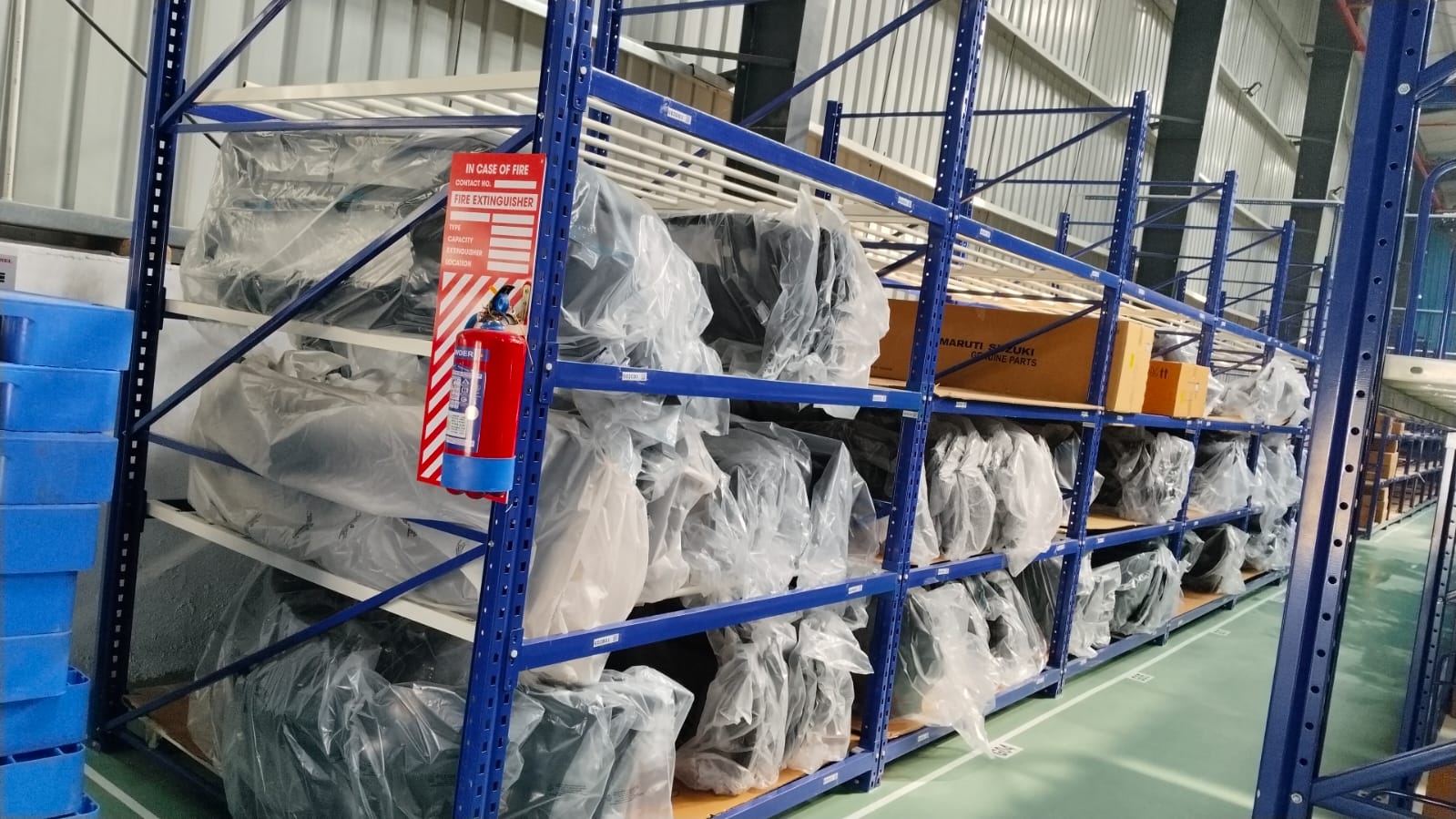Best Cash Flow Management Practices for Small Businesses

For small businesses in the automotive aftermarket industry, effective cash flow management isn’t just beneficial—it’s essential. At Beekay Group, with over three decades of experience in distributing genuine automotive parts, accessories, and lubricants across India, we understand how crucial it is for small businesses to maintain healthy cash flows to sustain operations and scale effectively.
Whether you’re running a workshop, a retail outlet, or a distribution hub, here are the best cash flow management practices to keep your business on track.
1. Create a Detailed Cash Flow Forecast
Plan ahead. A clear projection of your income and expenses allows you to anticipate cash shortfalls and surpluses. Review it monthly, if not weekly.
Key Tips:
-
Base your forecast on realistic assumptions.
-
Factor in seasonal trends in the auto parts industry.
-
Include fixed and variable costs such as rent, utilities, and supplier payments.
2. Control Inventory Effectively

Excess stock ties up capital. Beekay’s vast range of over 58,000+ SKUs across trusted brands like Maruti Suzuki, Mahindra, Tata, and Royal Enfield requires precise inventory planning.
Practice Smart Inventory Management:
-
Use digital tools to track stock levels.
-
Apply the Just-In-Time (JIT) model where possible.
-
Focus on fast-moving parts and reduce slow-moving inventory.
3. Speed Up Receivables
The faster your customers pay, the healthier your cash flow.
How to Accelerate Receivables:
-
Offer discounts for early payments.
-
Implement clear credit policies and enforce them.
-
Use digital invoicing for quicker transactions.
4. Negotiate Better Terms with Suppliers
Take a cue from Beekay’s supply chain success—negotiating longer payment terms with suppliers can give you breathing space without straining relationships.
Tips:
-
Build trust through consistent payments.
-
Discuss bulk purchase deals for better pricing.
-
Establish strategic partnerships for mutual growth.
5. Separate Business and Personal Finances

For small business owners, it’s vital to avoid mixing personal and business funds. Maintain clear records for all expenses and income.
Why it Matters:
-
Ensures accurate accounting.
-
Makes tax filing easier.
-
Improves eligibility for business credit or loans.
6. Utilize Cash Flow Management Tools
Digital tools help automate tracking and forecasting, ensuring you stay ahead of potential shortfalls.
Recommended Tools:
-
QuickBooks
-
Zoho Books
-
Tally ERP for Indian businesses
7. Build a Cash Reserve
Unexpected expenses—like equipment repairs or urgent part replacements—are common in the auto industry. A reserve acts as your financial cushion.
Aim for:
-
At least 3–6 months’ worth of operating expenses.
-
Periodic contributions during cash-rich months.
Final Thoughts
Small business success in the auto sector depends on operational agility—and that begins with strong cash flow practices. At Beekay Group, we empower our partners and retailers by offering timely supply of genuine parts and support systems that boost both efficiency and profitability.